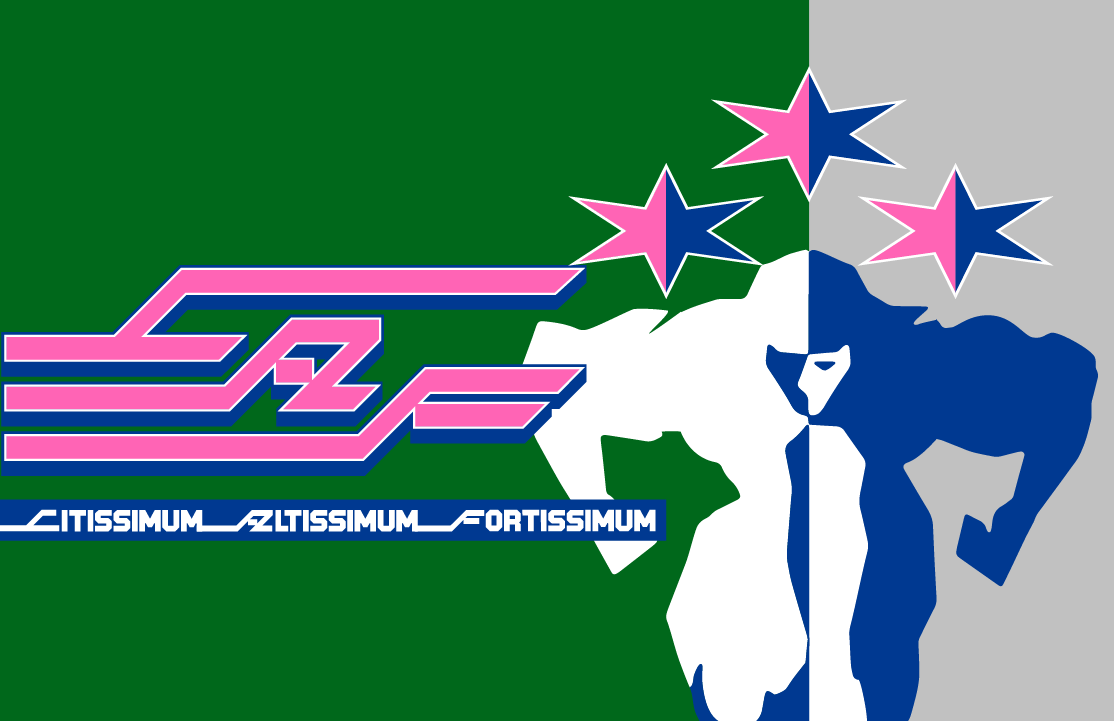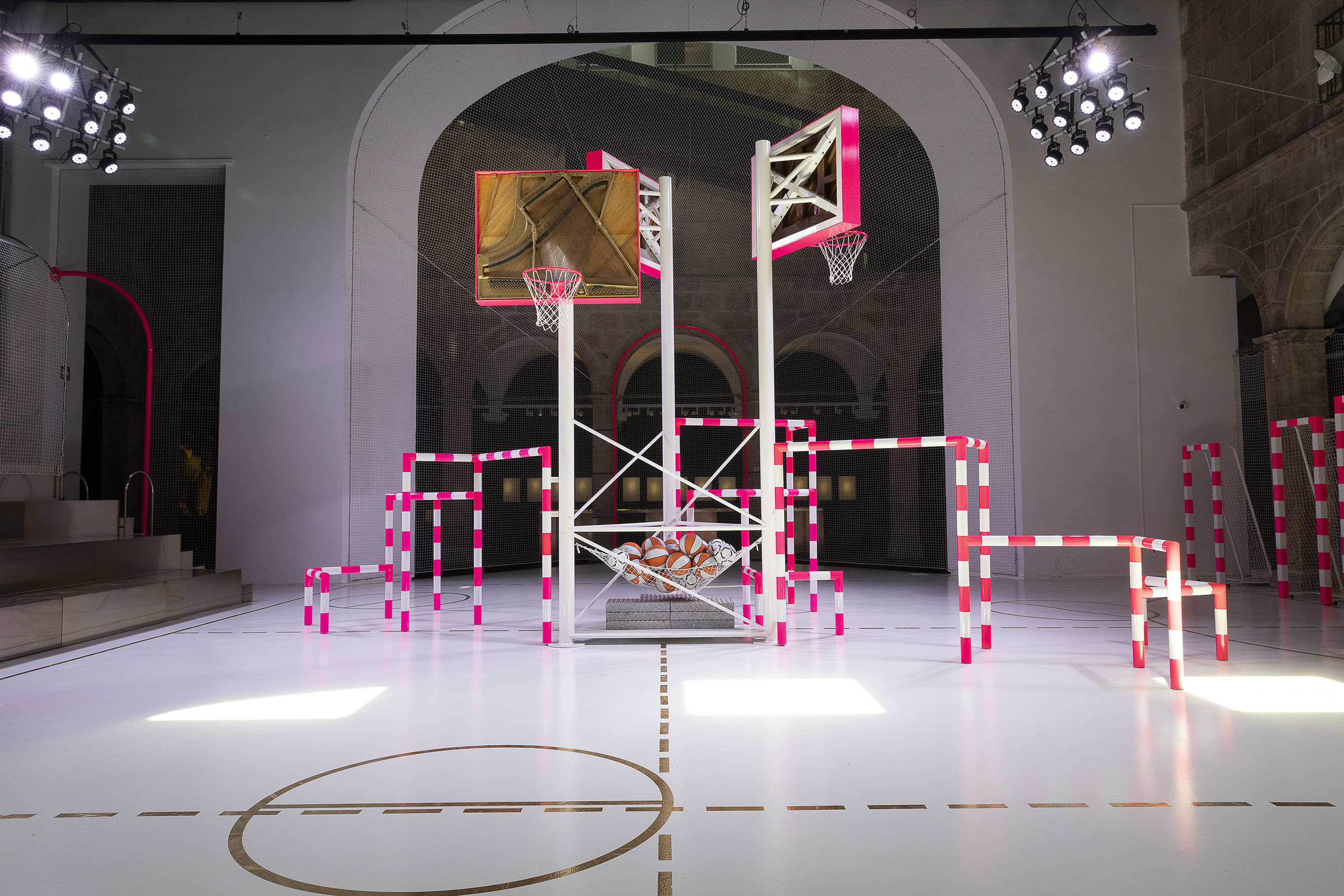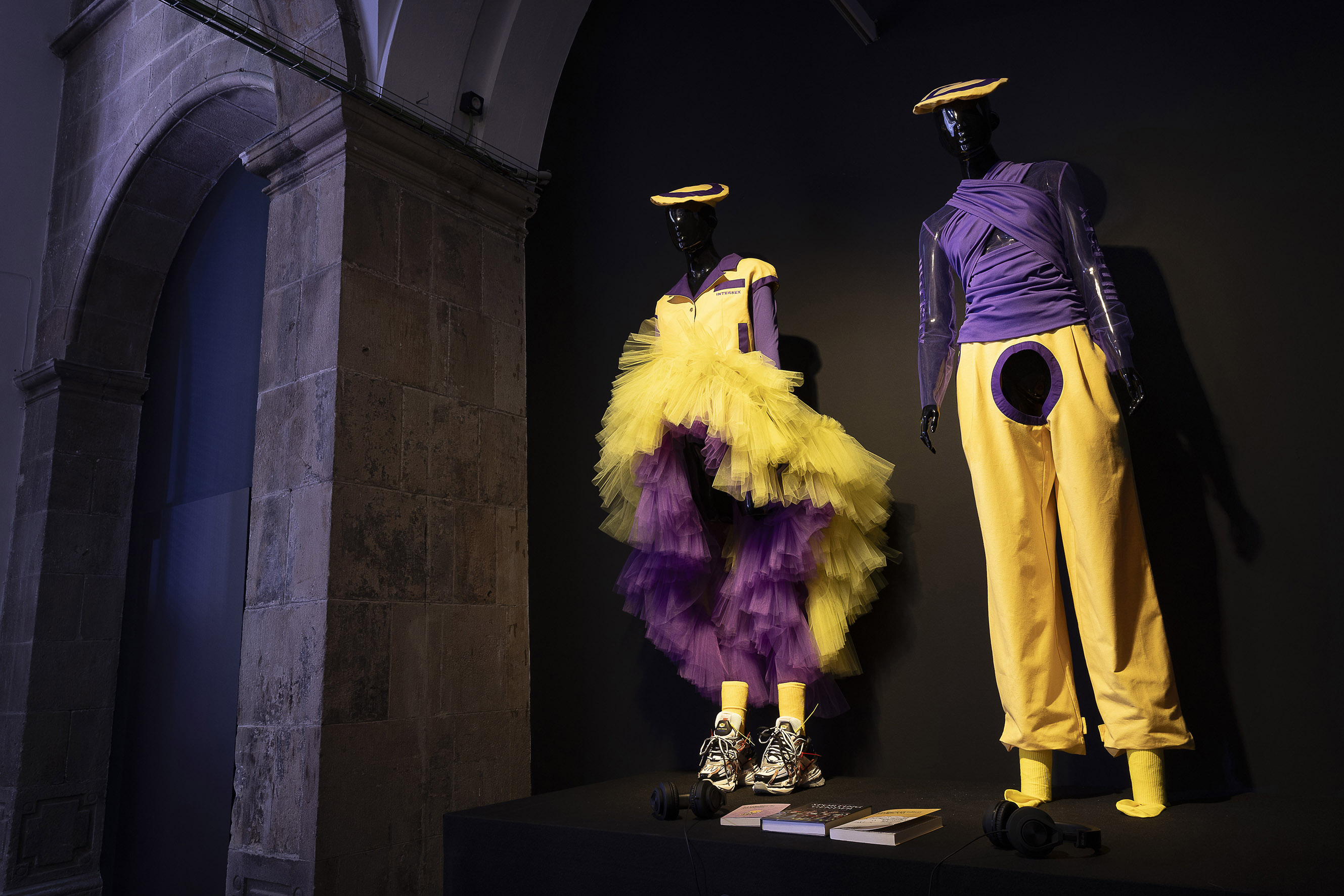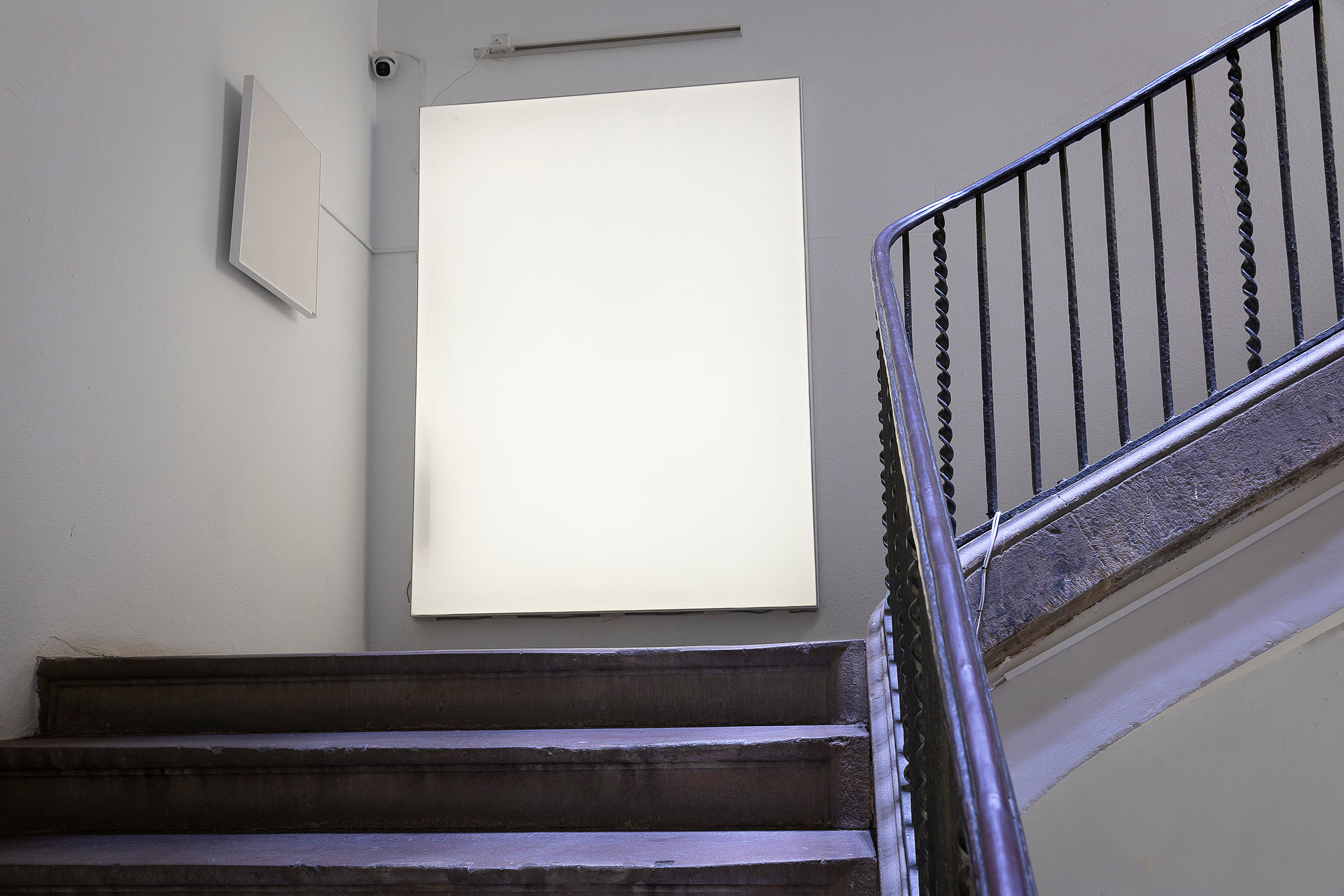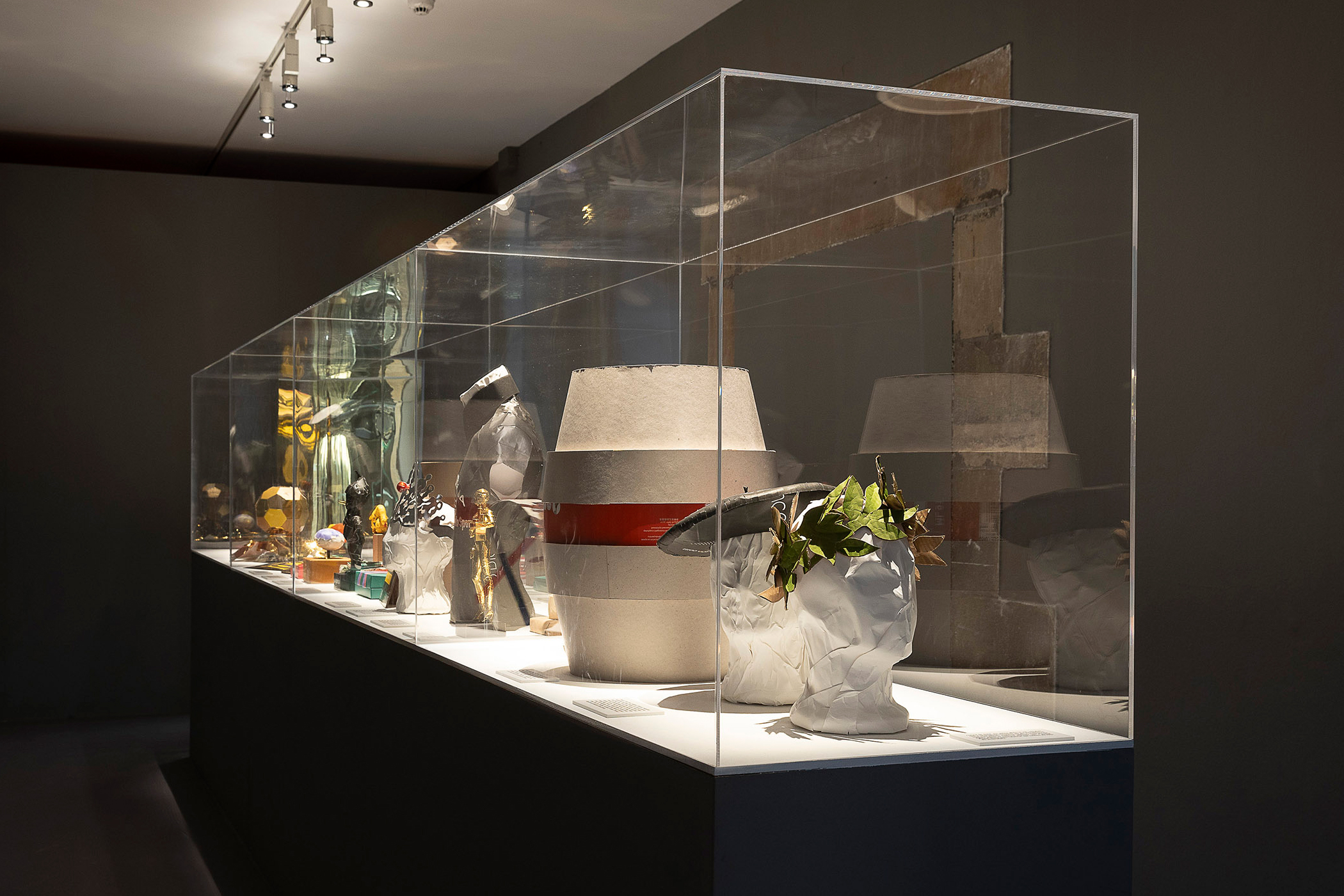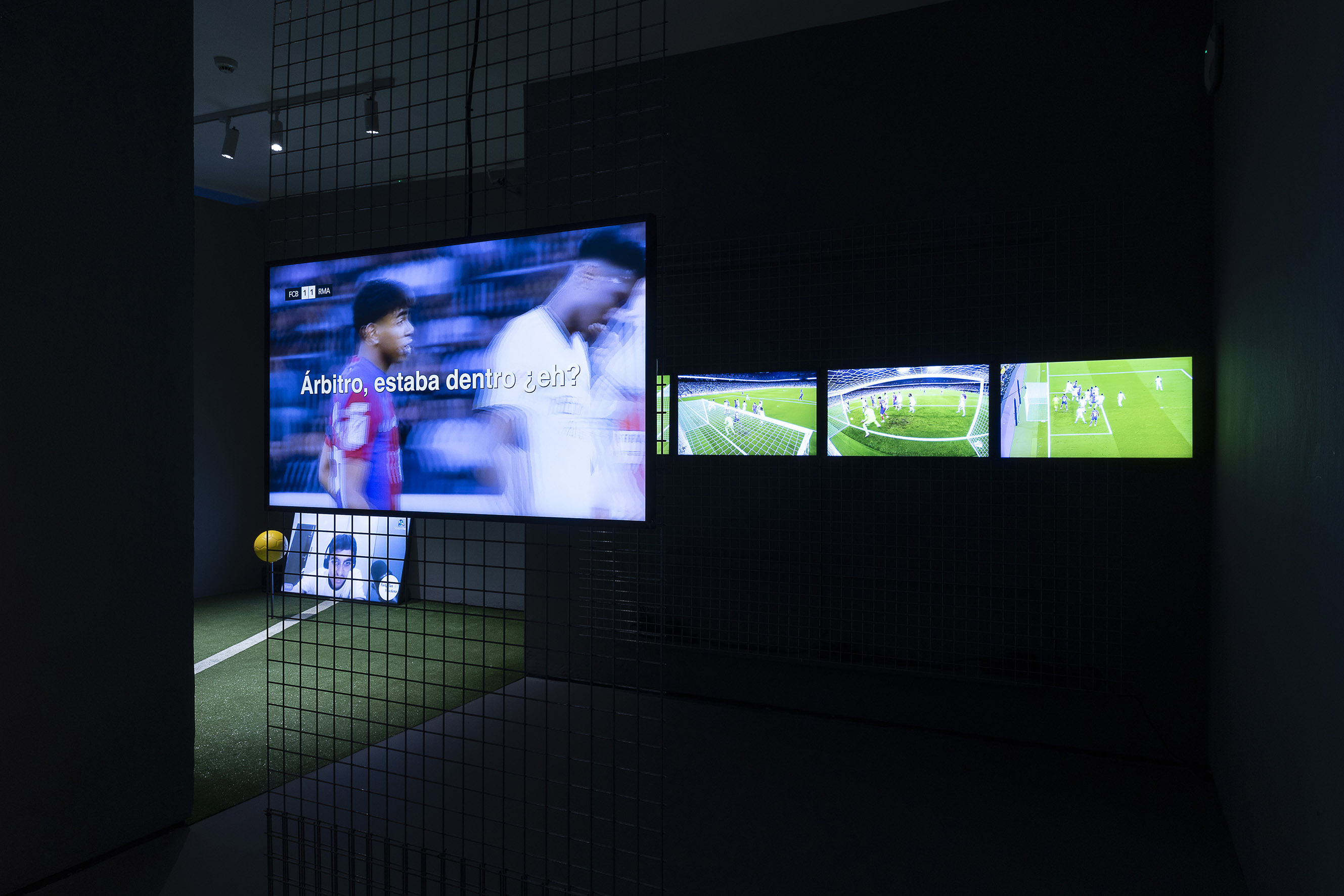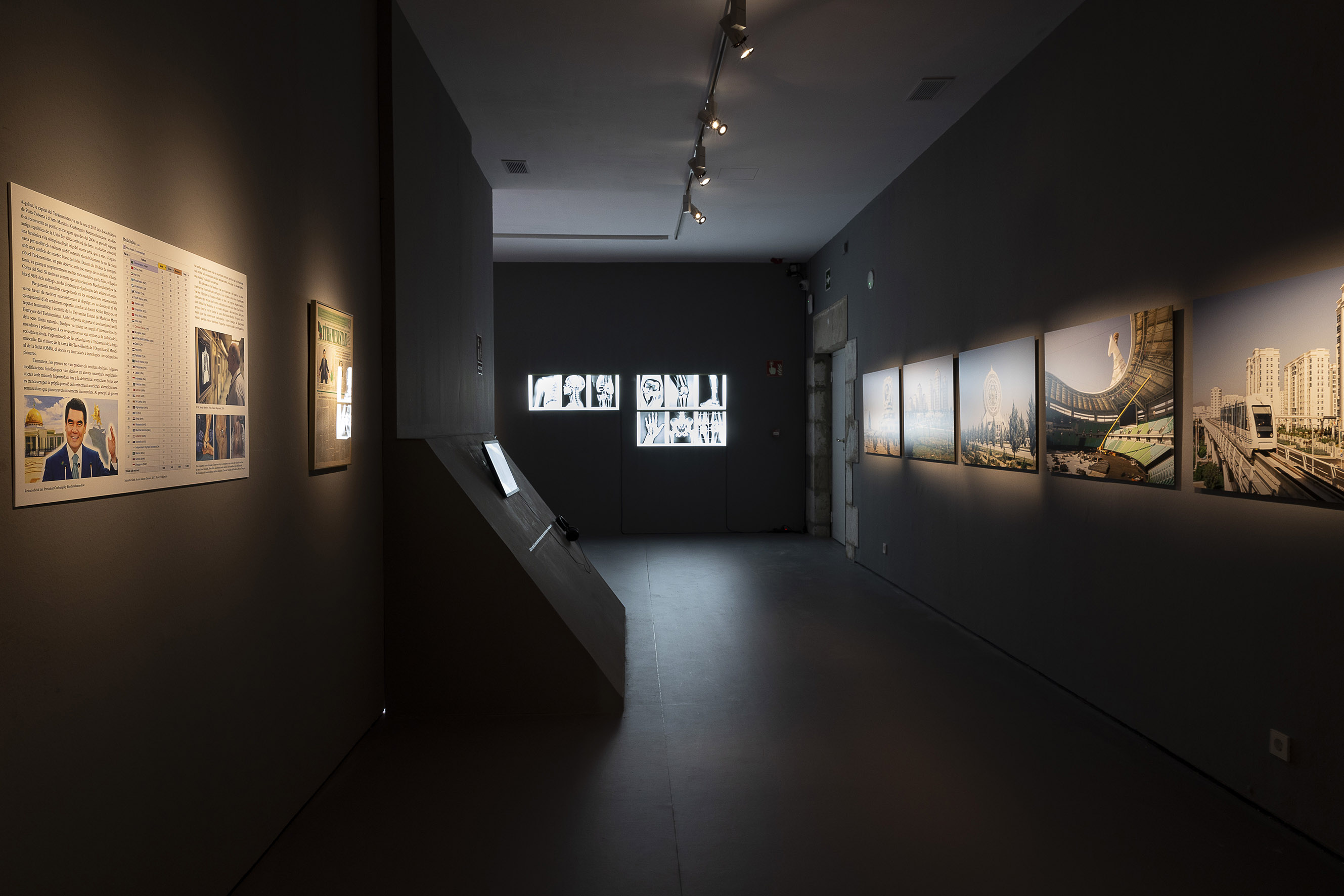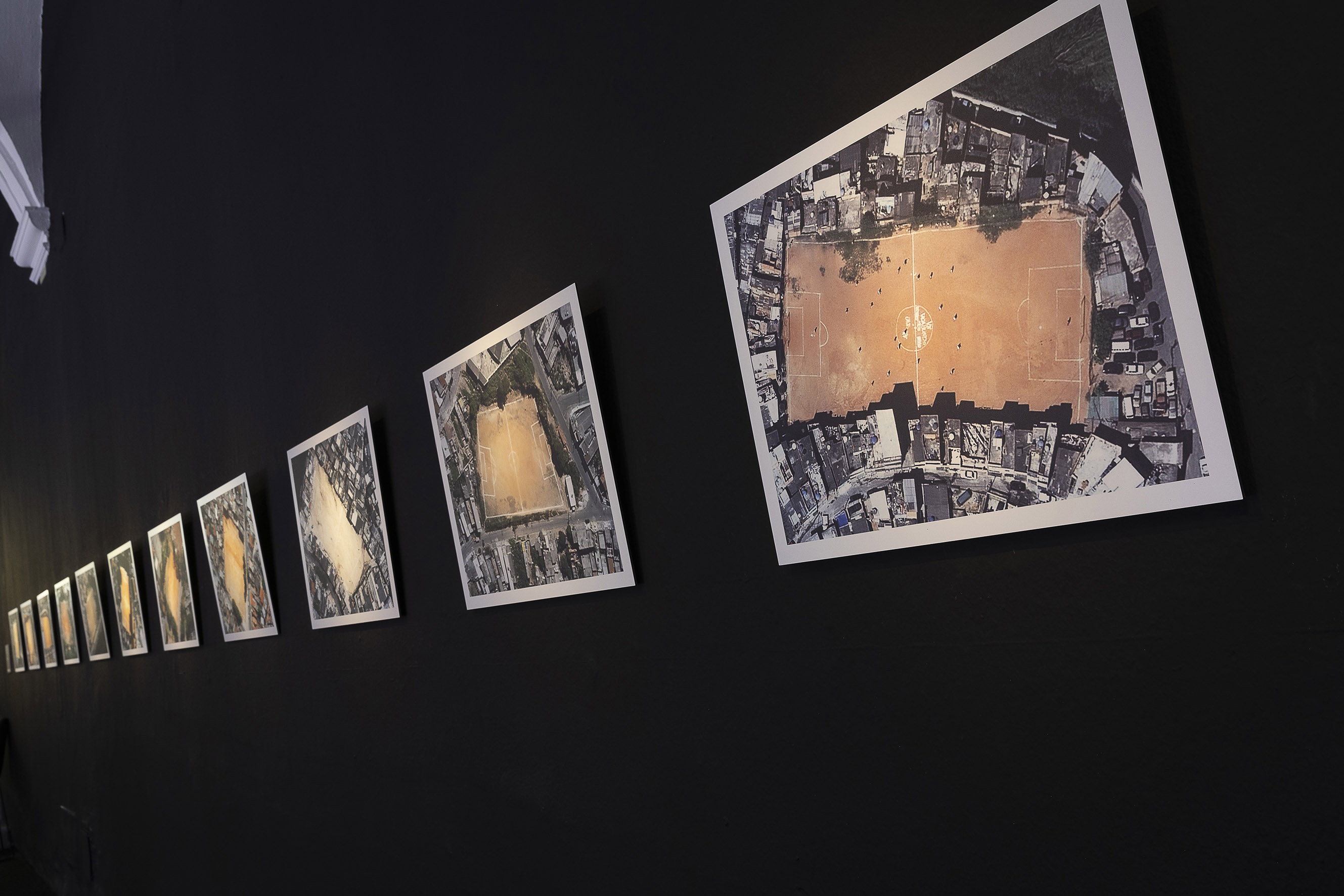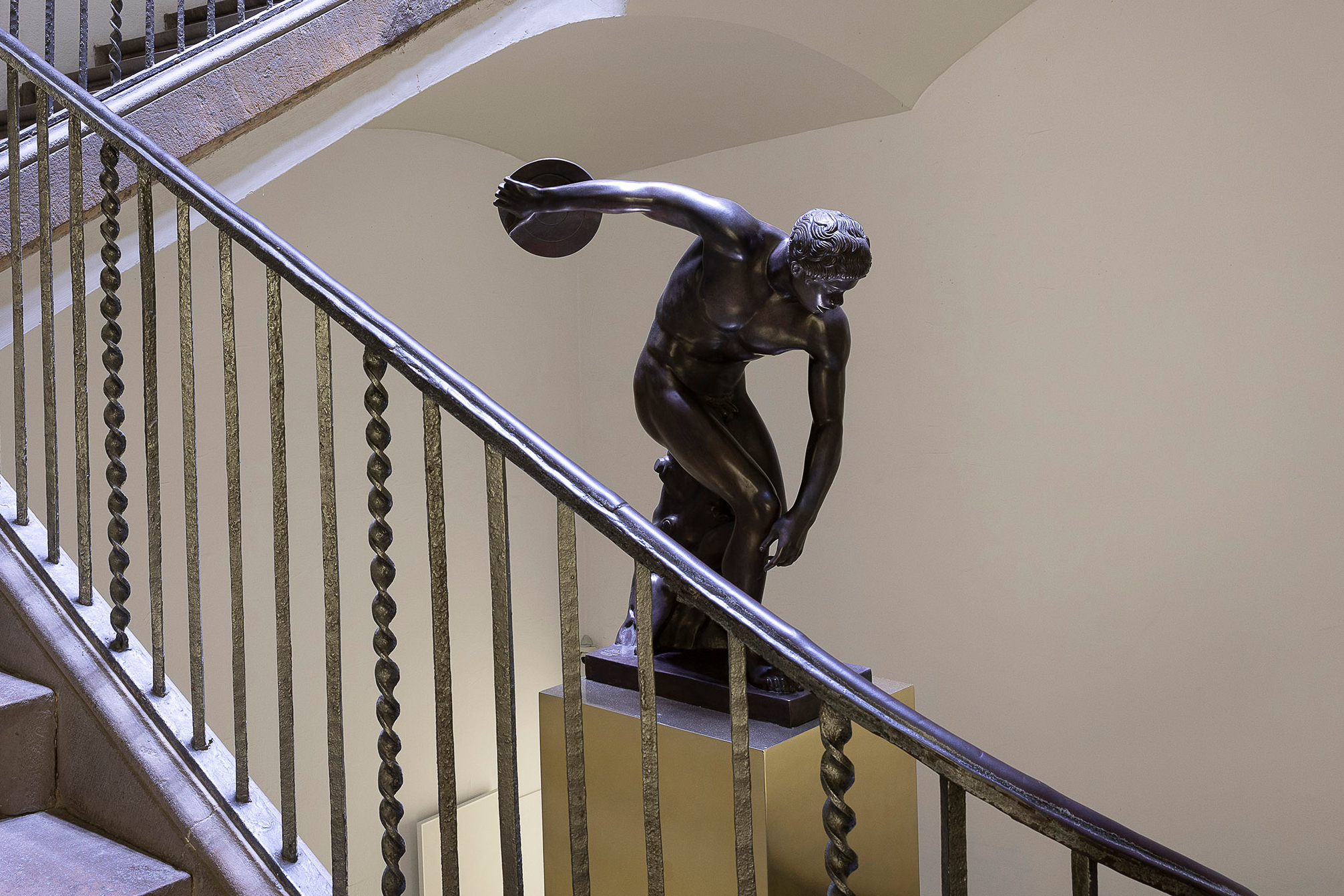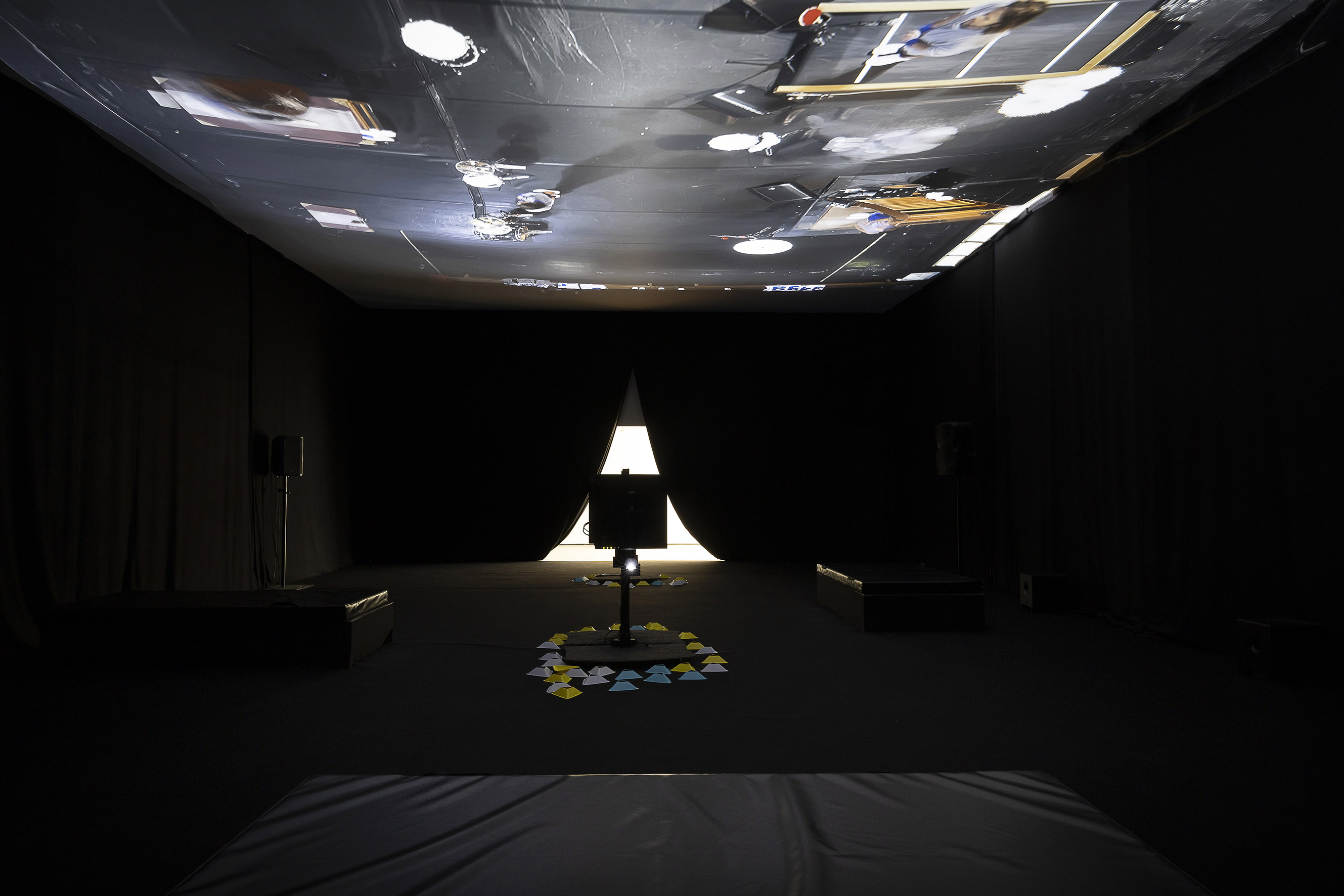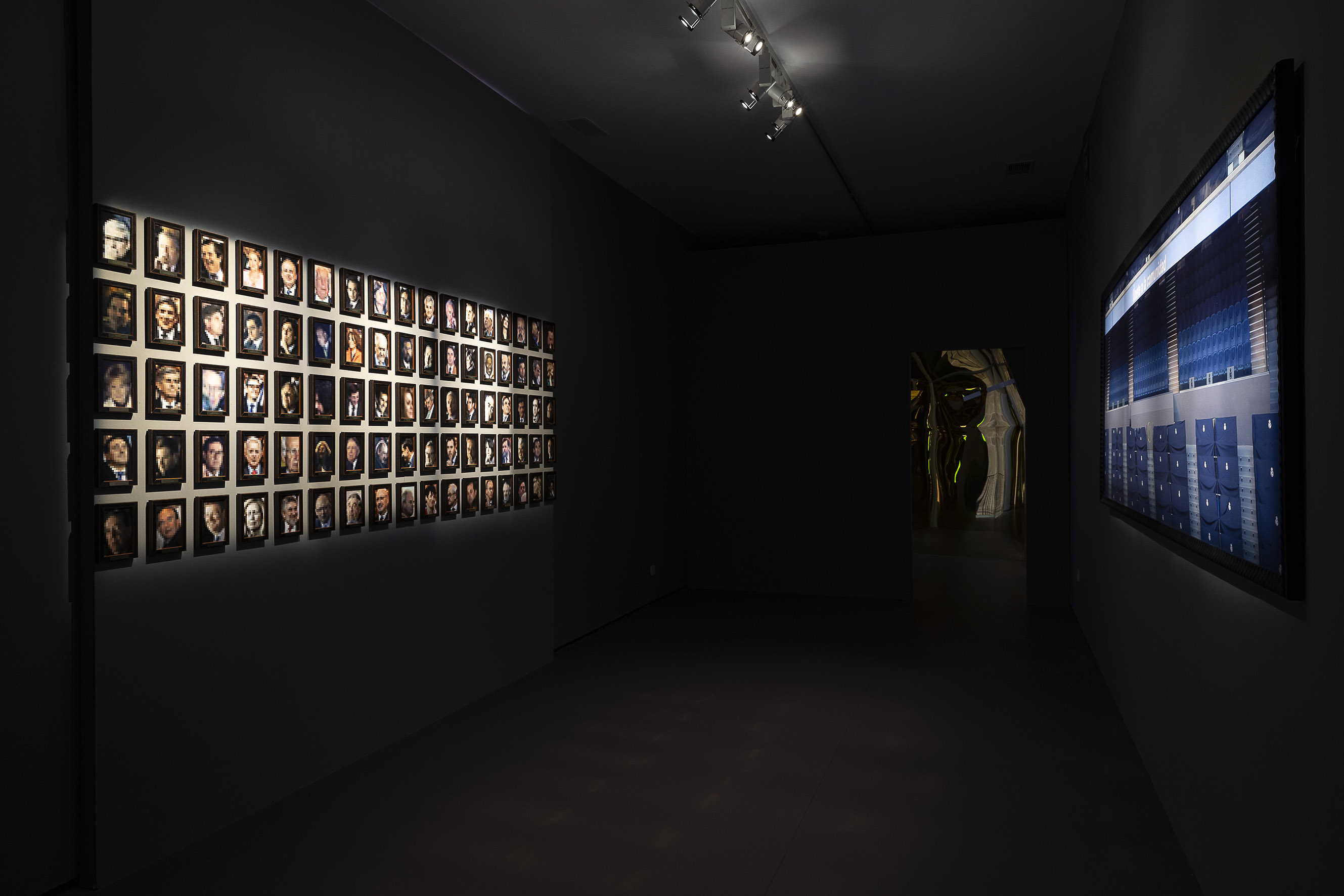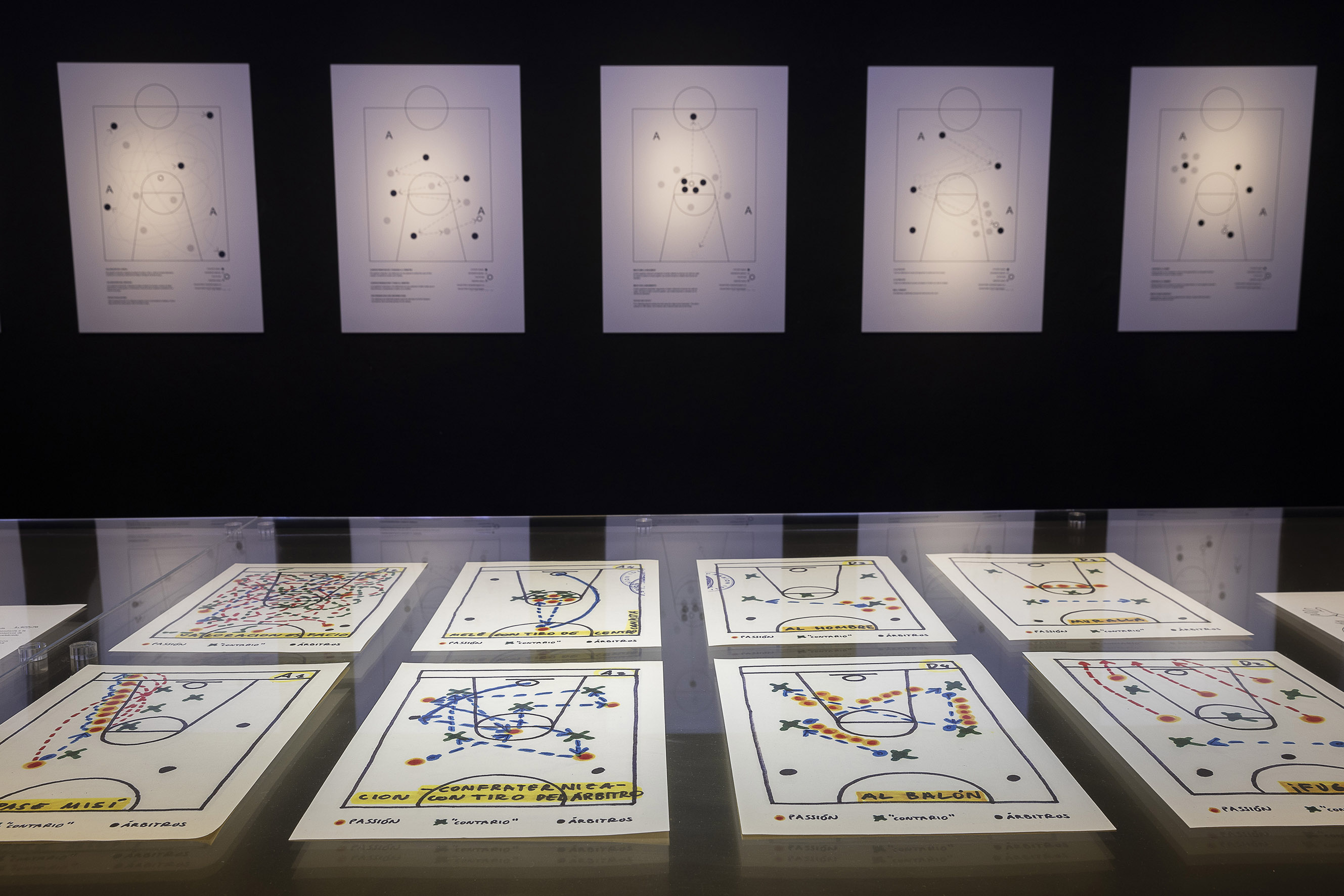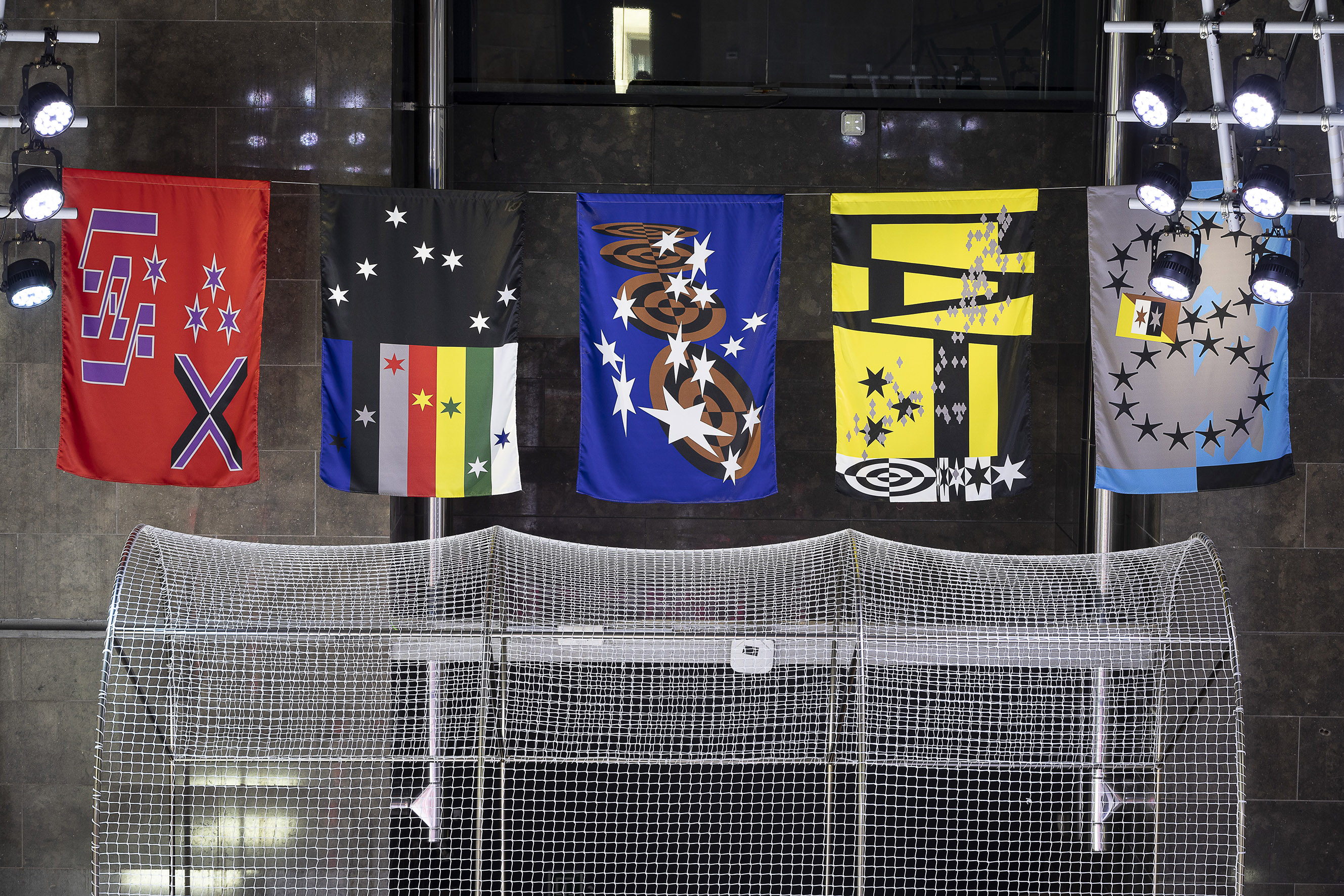What are you looking for?
You might be looking for...
That’s not Frank!
Irena Visa i Pau Masaló
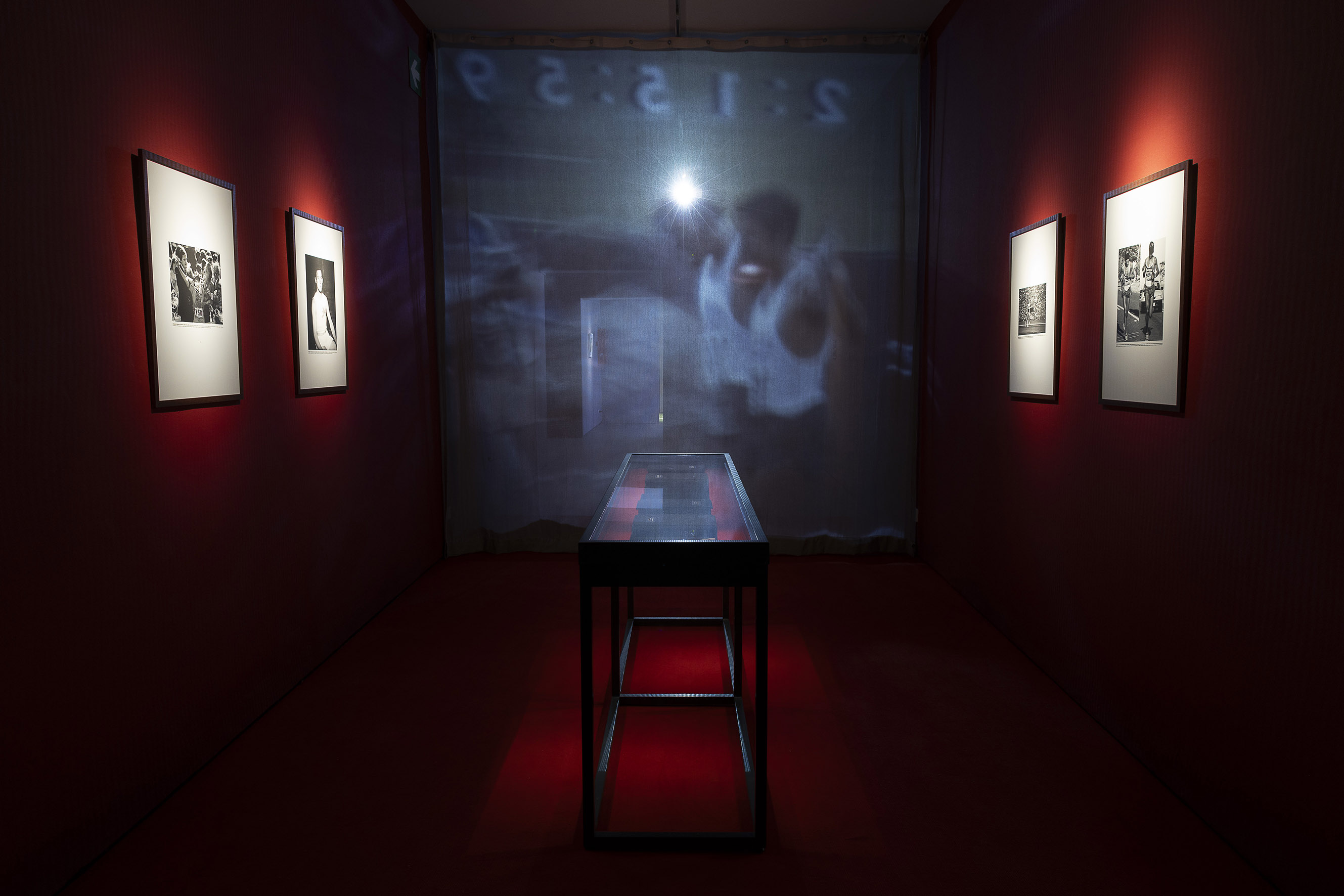
"That's not Frank!" was an exclamation made by a commentator during the marathon at the 1972 Munich Olympic Games when an impostor joined the race just ahead of Frank Shorter, the official winner. Since its introduction to the Olympic Games in 1896, the marathon, a grueling and demanding discipline, has seen a number of athletes resort to less-than-honourable ways of winning it in pursuit of fame, glory and money. Completing part of the route by car, swapping places with a twin, hopping on the underground or joining the race just before the finish line are some such examples of ingenuity that Irena Visa and Pau Masaló acknowledge through a series of medals that were later revoked.
Irena Visa i Pau Masaló
Irena Visa (Banyoles, 1985) develops an artistic practice focused on the investigation of traces and signals pointing to hypothetical phenomena, often ephemeral and fragile, within contexts such as museography, the natural, urban, or artistic space. Her work explores the possibilities of conceptual art through hybrid formats such as photography, video, performance, and installation, approaching art as a process that lies between thought and experimentation. Her projects invite viewers to decipher what is latent and question the relationship between what we see and what we project, maintaining a subtle yet tense relationship with their context. With a background in Audiovisual Communication, Applied Arts in Sculpture, and a Master’s in Artistic Production and Research (UB), she has developed mediation projects in institutions such as the Centre d’Art Santa Mònica, Bòlit, CaixaForum, or Teatre Lliure, and has exhibited in venues like the Joan Miró Foundation, Antoni Tàpies Foundation, La Capella, and MAC Mataró. Since 2019, she has collaborated as a dramaturge with the company Contenidos Superfluos and teaches at BAU University, where she promotes the dialogue between theory and practice.
Pau Masaló is a creator who explores the boundaries between theatre, performance, and public space through a transdisciplinary practice marked by a political and social perspective. His work investigates how structures of power, identity, and collectivity manifest in the spaces we inhabit, and advocates for ephemeral shared experiences through direct engagement with the audience. His performative projects serve as engines for critical reflection on the tensions between the individual and society, and often incorporate symbolic references from literature and philosophy as vehicles for thought. Co-founder of the company Ignífuga and Editorial Superflua, he has participated in international projects such as the Prague Quadrennial of Performance Design and Space (Winner of Best Exhibition Award), and has presented works including Farewell, Petroleum! (Teatre Lliure), The National Body (Grec Festival and Sala Hiroshima), and Dormitory City (MAX Award, Critics’ Award, El Temps de les Arts Award). He is currently developing Un cotxe (Joan Brossa Foundation) and A Shadow, the Next War (Hivernem Grant from FiraTàrrega and Institut Ramon Llull), and collaborates with companies and artists including Atresbandes, Lisi Estaras, El Eje, Carla Rovira, and Albert Quesada.
